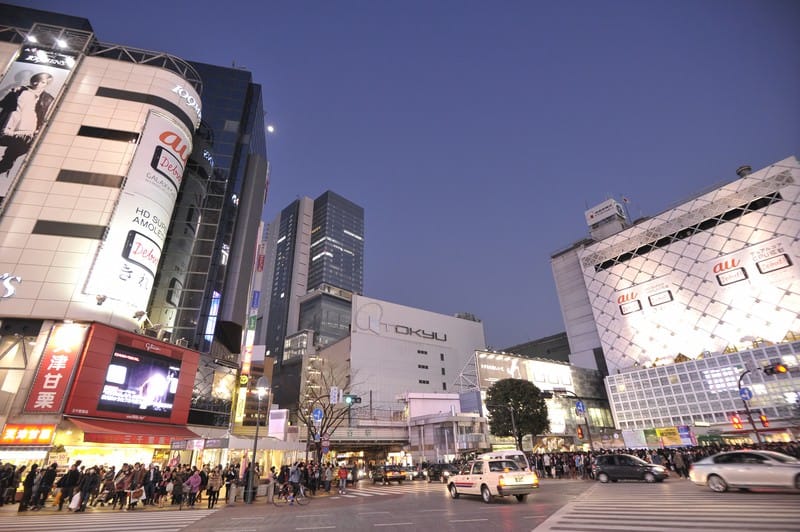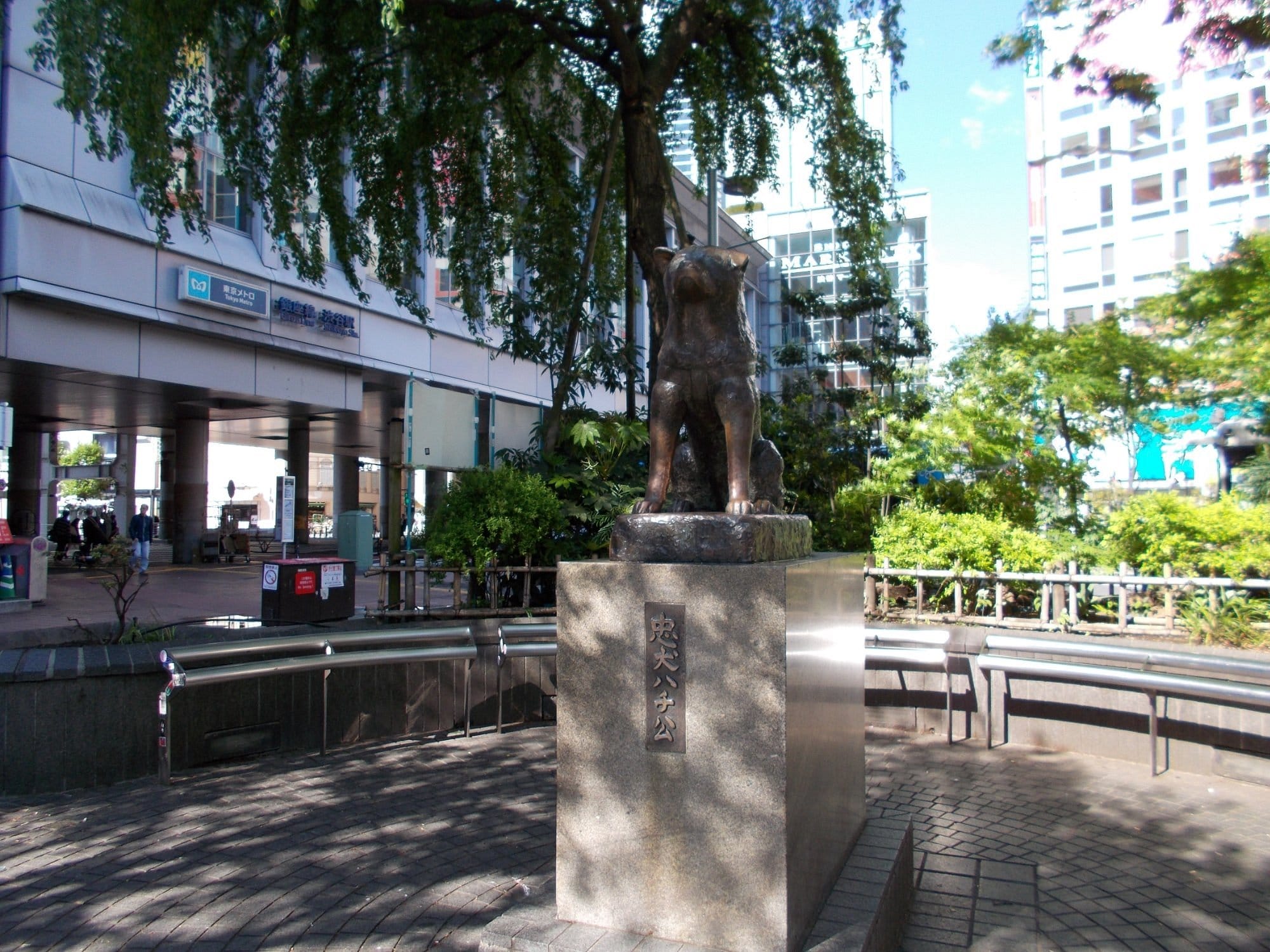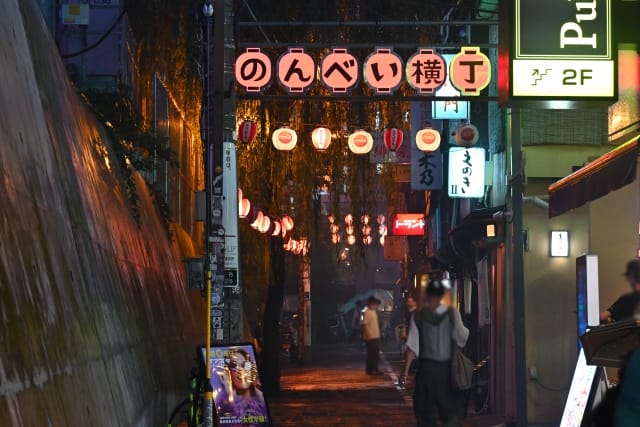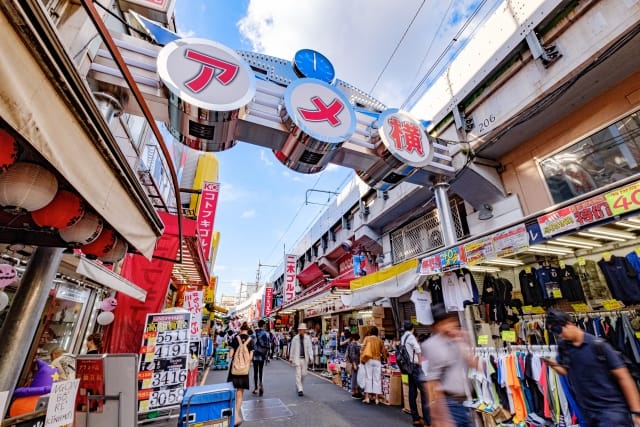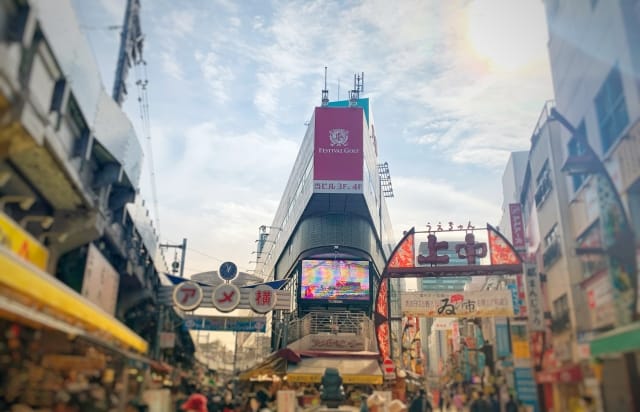The Faithful Dog Hachiko That Kept Waiting for the Deceased Owner
Since moving to a Shibuya city in 2024, I've been discovering many spots I
proudly recommend to tourists in Shibuya. I updated this article in January 2025 to incorporate my findings from this research, along with the latest information for 2025.
Another reason for updating the article is the growing interest in tours that allow visitors to safely and deeply experience Shibuya's nightlife. Because Shibuya is a city that continues to develop at a dizzying pace and in complex ways, tourists visiting for the first time find it extremely difficult to discover the truly excellent spots beloved by locals.
This is why food tours led by knowledgeable local guides who know Shibuya inside and out have been gaining popularity, as they take visitors through Shibuya's maze of izakaya establishments.
In fact, Magical Trip's tour, which ranked #1 among all tours on Tripadvisor, has been receiving numerous applications.

If you want to experience authentic izakayas beloved by Shibuya locals, try the "Shibuya Bar Hopping Night Tour in Tokyo," which is ranked #2 on Magical Trip. A knowledgeable local guide who knows Shibuya inside and out will take you to spots where you can enjoy genuine Japanese cuisine.
And if you want to make the most of Tokyo's nightlife, you absolutely must join the "Tokyo Bar Hopping Night Tour in Shinjuku," which is rated #1 on Tripadvisor. You can safely explore Shinjuku's historic retro drinking districts and Kabukicho, the largest entertainment district in Asia, with an expert guide who knows Shinjuku thoroughly.
We hope you'll have a wonderful time experiencing everything Ueno has to offer by joining a Magical Trip tour!
Introduction
Shibuya in Tokyo is a lively area that serves as a hub for youth culture. The famous "Scramble Crossing" in Shibuya, known as one of the busiest intersections in the world, can see up to 3,000 people crossing at once when the light turns green.
While there are many popular spots for youth like fashion, music, and game centers, Shibuya also has many art museums, live houses, and clubs, combining an arts and music scene for adults to enjoy as well.
Currently popular as a setting for anime, Shibuya is undergoing a major redevelopment that happens once every 100 years. It's because the area continues to change that it attracts fascinating people, things, and shops.
It's an area popular with both Japanese and foreigners, so it's also characterized by having many restaurants and dining options. There are plenty of izakaya and bars where you can enjoy Japanese drinking culture.
And when it comes to the standard meeting spot in Shibuya, it has to be in front of the "Hachiko Statue." This time, I'll introduce this statue of the dog named "Hachi" that has become a landmark of Shibuya.
If you want to enjoy all that Shibuya has to offer, check out the following articles in addition to this one! Below is Magical Trip's top-rated guide to a perfect night out in Shibuya.
Make the most of your night out in Shibuya with one of Magical Trip's top-rated articles below in hand.
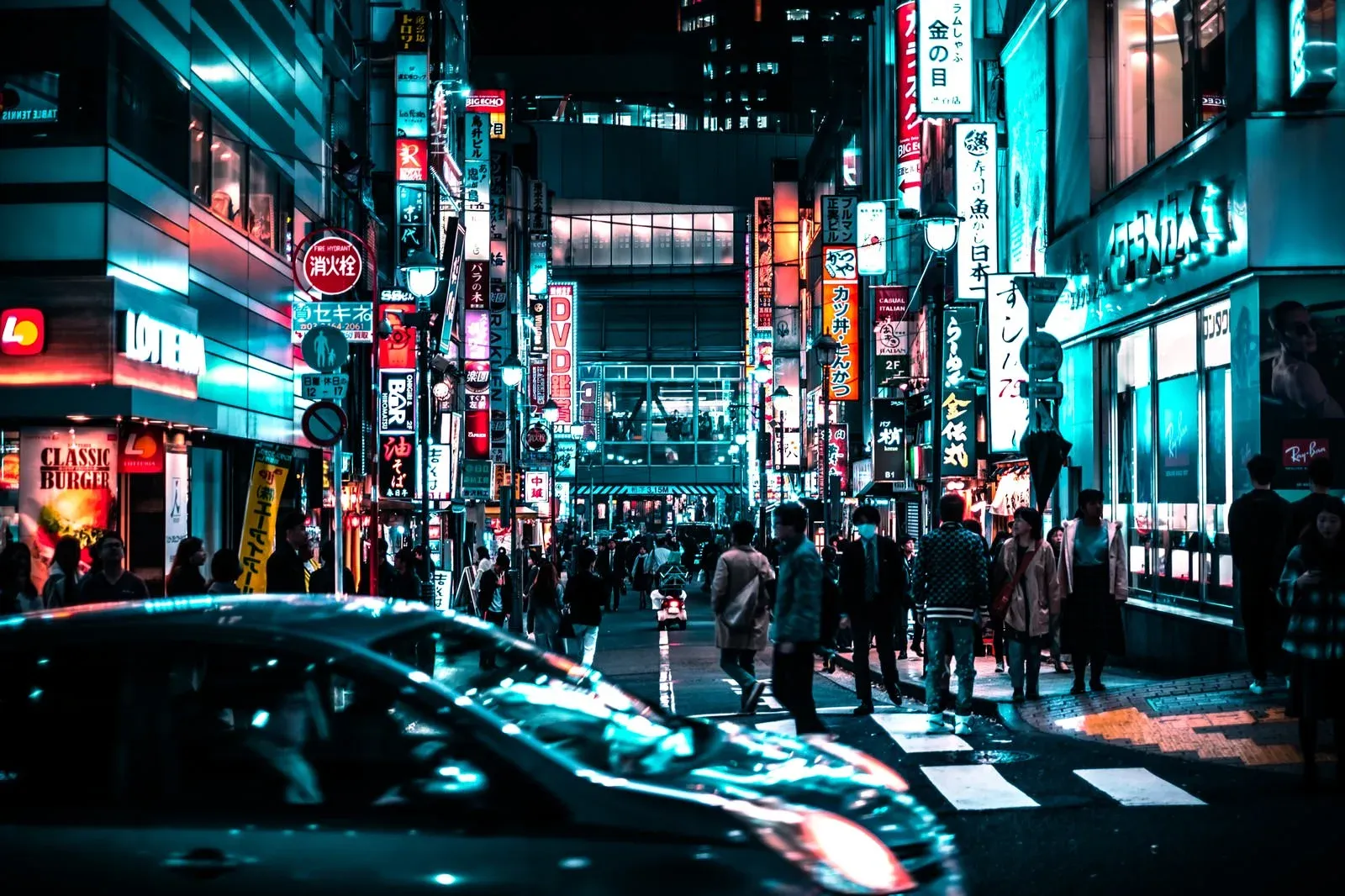
What is the Hachiko Statue?
Source: TripAdvisor
The Hachiko Statue is a bronze statue of an Akita dog located at the Hachiko Exit of Shibuya Station. It's so famous that the station exit is named after it, and it serves as a beloved symbol for meeting spots.
The Hachiko Statue was erected in 1935 based on the real story of the loyal Akita dog Hachiko. The image of Hachi waiting daily at Shibuya Station for its owner struck a chord, making the dog so popular that a statue was built at the station.
Even today, the Hachiko Statue remains a standard meeting spot in Shibuya. The story of Hachi and its owner has transcended time, generations, and countries, continuing to be loved by many people. It's common to see people taking commemorative photos with it.
The Hachiko Statue is an indispensable spot for visitors to Shibuya, serving as an iconic presence welcoming people at the entrance to the city.
So What is the Faithful Dog Hachiko?
An Akita Dog from Akita Prefecture
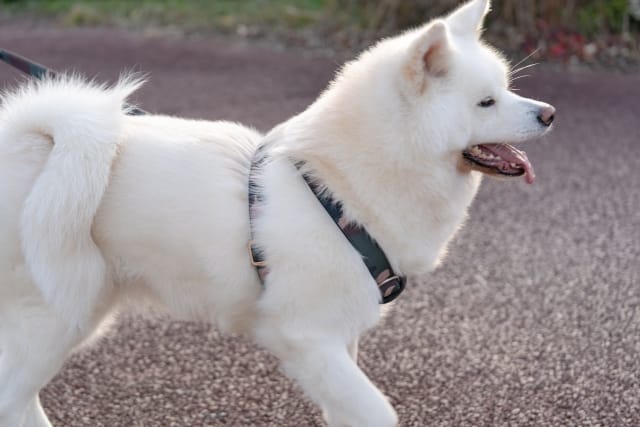
Hachi was an Akita dog born in Akita Prefecture, located in the Tohoku region of northern Honshu, Japan. Akita dogs are known for being intelligent, persevering, and highly loyal.
Hachi was born in Akita, but at 2 months old came under the ownership of Dr. Hidesaburo Ueno, a professor at the University of Tokyo who lived in Tokyo and wanted an Akita dog. One of his students gifted Hachi to Dr. Ueno to fulfill his wish.
Around 1923 when Hachi was born, dogs were typically raised outdoors as guard dogs. However, Hachi's doghouse was placed right next to Dr. Ueno's room. Hachi was raised being very dear and precious to Dr. Ueno and his wife.
There is an anecdote that at a cherry blossom viewing party, Dr. Ueno would have Hachi sitting on his lap while doting on the dog.
Waited Around 10 Years for Its Owner Who Never Returned
Raised being doted on by Dr. Ueno and his wife, Hachi's daily routine involved accompanying the professor to and from Shibuya Station, which Dr. Ueno used for his work commute and business trips.
Sometimes when picking up Dr. Ueno at Shibuya Station, Hachi would be taken along to an izakaya pub with the professor and his students, receiving chicken scraps as a treat.
However, this blissful life came to an end just 1 year and 4 months later when the professor passed away suddenly. His widow Yaeko had to move away from their home near Shibuya, and Hachi was sent to a new home as well.
But Hachi's life at this new home turned harsh. Hachi began leaving and spending time at Shibuya Station instead.
After that, Hachi continued waiting for its deceased owner Dr. Ueno at Shibuya Station for about 10 years.
The Story Was Published and Became Famous
Yaeko, Dr. Ueno's widow, was heartbroken that Hachi could not adjust to the new living situation, as she herself was only able to live with an acquaintance away from Hachi.
Learning of Yaeko's circumstances, Dr. Ueno's students gifted her a home away from Shibuya. Hachi began living with Yaeko again there.
However, Hachi still did not stop going to Shibuya Station, returning no matter how many times Yaeko brought Hachi back home. Understanding Hachi's desire to see Dr. Ueno, Yaeko decided to have Hachi stay at a home near Shibuya Station.
Though Hachi waiting at Shibuya Station was often mistaken for a stray dog and caught or kicked out, in October 1932 a newspaper article about the dog waiting for its owner made Hachi an instant celebrity.
Reached 100th Birth Anniversary in 2023
Hachi passed away in 1935, three years after becoming famous and 10 years after Dr. Ueno's death.
Though having only lived together for 1 year and 4 months, the incredible bond that made Hachi wait 10 long years for its owner who never returned struck a chord with many people. Donations were collected to erect the bronze Hachiko Statue at Shibuya Station to immortalize Hachi's story.
The original statue was dismantled during WWII due to metal shortages, but a second statue was rebuilt after the war. This is the statue that still remains at Shibuya Station today.
In 2023, Hachi's 100th birth anniversary was celebrated with a festival in Shibuya. Events included a lecture with a comedian exploring how to properly interact with animals, inspired by Hachi and Dr. Ueno's relationship.
Hachi will surely continue being passed down as a symbol of Shibuya for a long time to come.
Hollywood Film Adaptation
While Hachi's tale had already been adapted into a popular Japanese film, a Hollywood remake titled "Hachi: A Dog's Tale" was released in 2009, starring Richard Gere. The setting was changed to the U.S. East Coast.
The film was produced after the producer was deeply moved by the sight of the Hachiko Statue in front of Shibuya Station during a visit to Japan and learned Hachi's story. Richard Gere, a dog lover himself, was also reportedly moved to tears by the script.
Akita dogs were cast to play the role of Hachi. Richard Gere praised their performances as "pure acting that humans cannot achieve," having spent a lot of time and effort building rapport with the Akita dog actors.
Various Hachiko Merchandise
The enduring popularity of Hachiko, the icon of Shibuya, has led to a constant stream of new Hachi-themed merchandise.
With Hachiko being so synonymous with Shibuya for many people, Hachi goods make for popular souvenirs. There are even stores dedicated solely to Hachi souvenirs.
Keychains and small plush toys with adorable depictions of Hachi are hard to resist picking up. There are also popular cheese sable cookies printed with Hachi's iconic look, as well as apple pies using apples from Hachi's native Akita Prefecture.
A portion of the proceeds from some products is also donated to preservation and protection efforts for Akita dogs like Hachi.
Why not share Hachi's story along with a Hachi souvenir as a gift for any dog-loving friends and family?
Access to the Hachiko Statue
The Hachiko Statue is located just 30 seconds from the Hachiko Exit of Shibuya Station. While not an overly large statue, it can be tricky to spot when there are many people around, so be careful.
There is currently construction happening around parts of Shibuya Station, so depending on which line or platform you exit from, you may need to walk a more roundabout route. Especially for the Tokyo Metro Ginza Line or Fukutoshin Line, you may need to walk over 5 minutes from the ticket gates.
Use the "Hachiko Exit" or "Exit 8" as landmarks, and if you get lost, feel free to ask a station staff member for assistance.
When you come to the Shibuya area, be sure to enjoy bar hopping with a local guide!
Shibuya Bar Hopping Night Tour in Tokyo
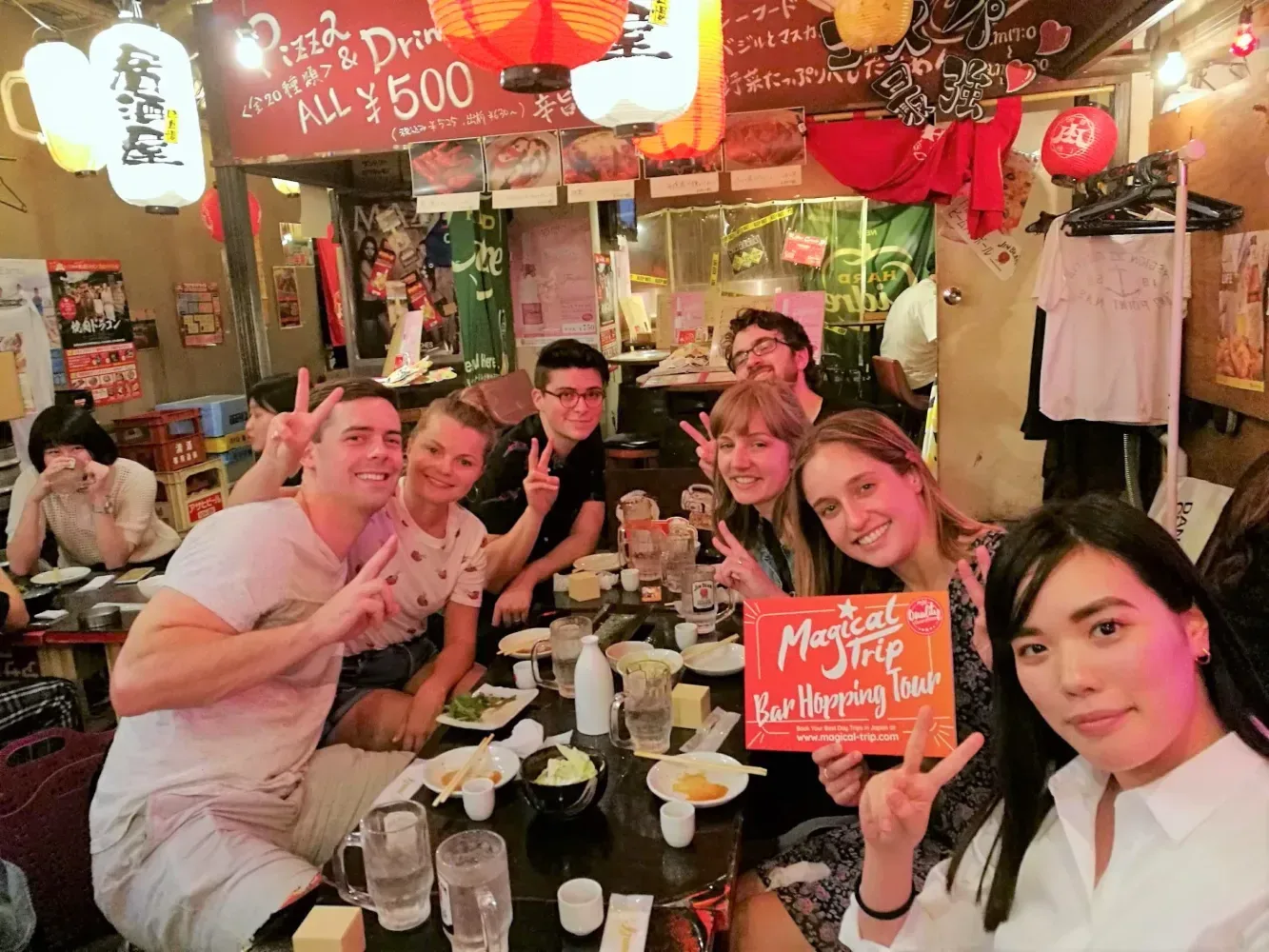
A 3-hour tour through Shibuya's local food districts. For $106.51, enjoy 4+ drinks (2 at first stop, all-you-can-drink at second, 1 at third) and 3-4 food dishes.
Perfect for tourists staying in Shibuya, explore hidden areas like Niku Yokocho with a local guide. Open to ages 15+, alcohol served only to 20+. Vegetarian options available.
Savor premium Japanese meat dishes including wagyu, Kobe beef, and beef sushi at three carefully selected izakayas. Sufficient portion size for dinner.
Full refund for cancellations 24 hours in advance, free date changes (subject to availability). Photo service included.
Experience Shibuya's nightlife in small groups, dining alongside locals. English-speaking guide ensures smooth communication.
Meeting point: In front of TSUTAYA, 3-minute walk from Shibuya Station's Hachiko Exit. No participation, refund, or rebooking for late arrivals.
Details here: Shibuya Bar Hopping Night Tour in Tokyo
Tokyo Bar Hopping Night Tour in Shinjuku
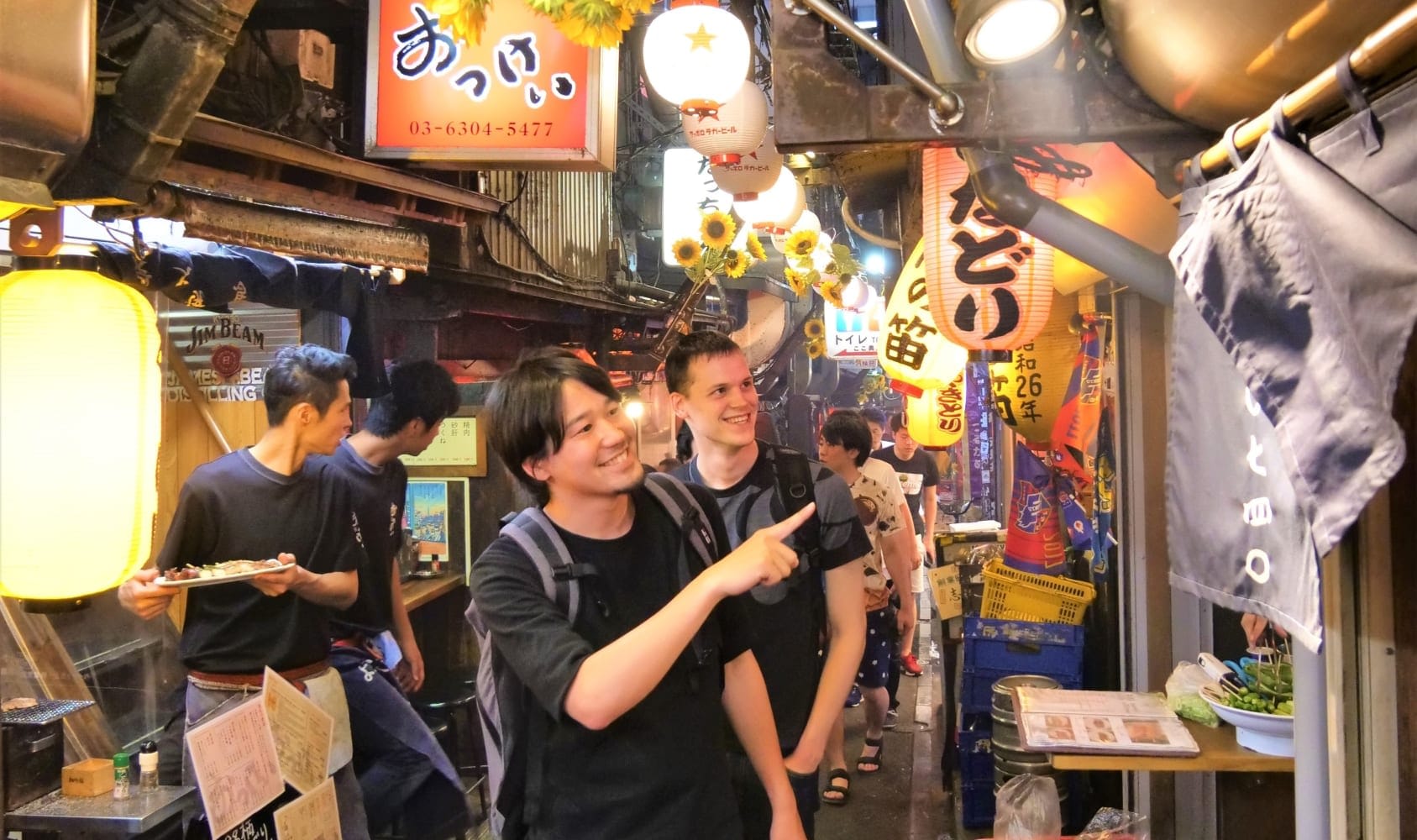
A 3.5-hour journey through Shinjuku's izakaya culture. $105.56 includes 4+ drinks (2 at first stop, all-you-can-drink at second, 1 at third) and 3 dishes. Experienced by over 20,000 guests and ranked #1 on TripAdvisor Japan 2024.
Visit three hidden izakayas serving local favorites like yakitori, gyoza, and agedashi tofu. Generous dinner portions provided.
Open to ages 15+, alcohol served only to 20+. Vegetarian options available.
Small-group tour exploring diverse areas like Omoide Yokocho and Kabukicho. Welcome to solo travelers, groups, couples, and families.
Full refund for cancellations 24 hours in advance, free date changes (subject to availability). Photo service included.
English-speaking guide provides menu explanations. Additional orders welcome.
Meeting point: Black pillar next to UNIQLO Shinjuku West Exit Store, 7-8 minutes walk from Shinjuku Station West Exit. No participation, refund, or rebooking for late arrivals.
Details here: Tokyo Bar Hopping Night Tour in Shinjuku
The Hachiko Statue at Shibuya Station was erected to pass down the real-life story of a dog from about 100 years ago to future generations. The tale of the profound bond between Hachi and its owner Dr. Ueno, who showered it with love, and Hachi's unwavering loyalty in return has resonated with many since the statue's creation.
Even in modern times, Hachi's popularity remains undiminished, being adapted into a Hollywood film and inspiring a constant stream of new merchandise. One could say its appeal has transcended generations and national borders.
If you get a chance to visit Shibuya, be sure to stop by the Hachiko Statue. And if you know any dog lovers, share Hachi's touching story with them as well.
If you are interested in Photo Spots in Shibuya, check the article below! I summarized in more details and how I felt there.
